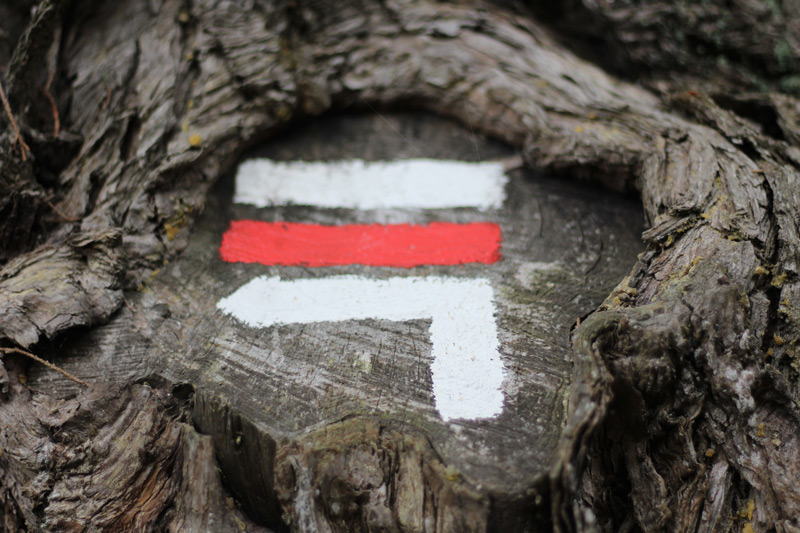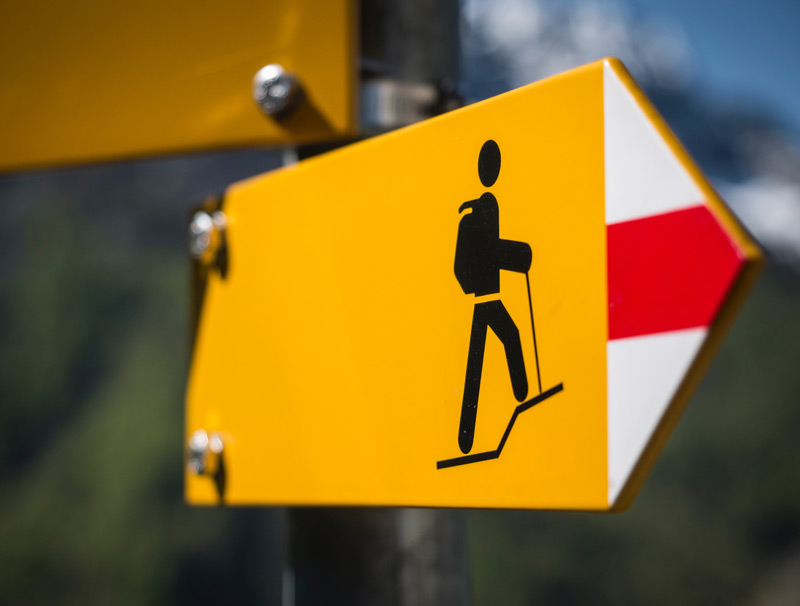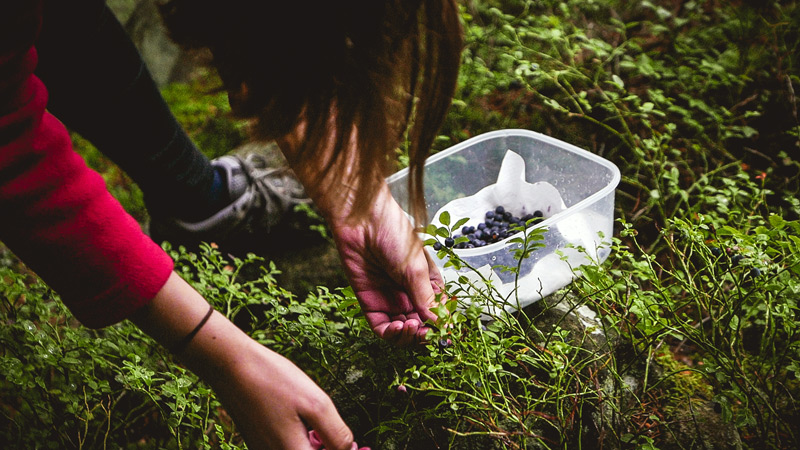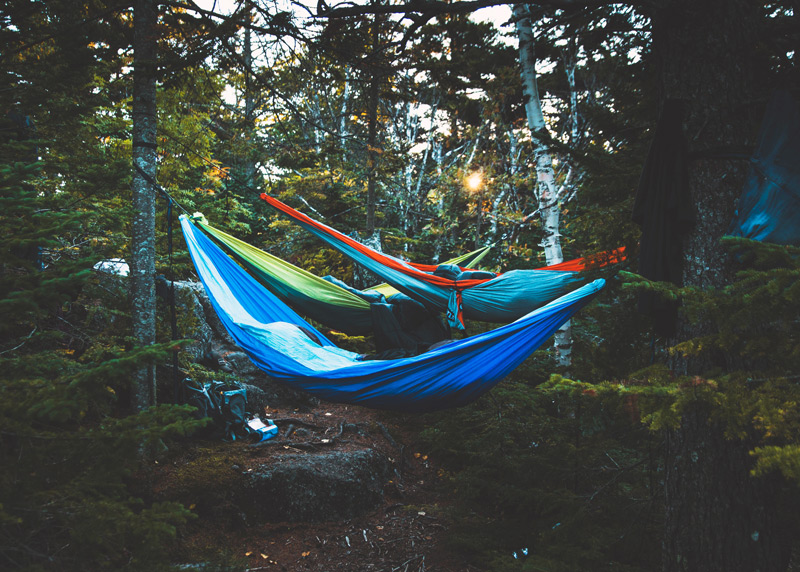Welcome to our Nature Best Practices Guide, an essential companion for your outdoor adventures!</strong Before you set out to explore the exceptional biodiversity that awaits you, we offer some sage advice for having an eco-friendly and environmentally respectful experience..
1. Follow the marked trails:
In hiking, biking, or during your trail runs, always favor marked trails. Venturing off the beaten path may lead to getting lost and causing harm to fragile vegetation and delicate soils. Additionally, it can disturb the peace of the numerous animal species that inhabit these areas.
2. Respect the signage:
ignage is there for your safety and to preserve the peace of the local residents. Pay attention to the various signs you encounter along the way: no entry, forest work areas, or private properties. If you are traveling by car, make sure to drive only on authorized roads and park your vehicle in designated areas.
 3. Limit and take your trash with you:
3. Limit and take your trash with you:
Practice eco-friendly behavior during your nature excursions. Minimize the use of disposable packaging and, above all, never leave your waste behind. Cigarette butts, in particular, are toxic to the soil and can take more than 12 years to decompose. If you don’t find trash cans along your route, take your trash in a bag and dispose of it properly at the end of your outing.
4. Protect Wildlife:
Respect the habitat and lifestyle of wild animals, the first inhabitants of these mountains. To coexist harmoniously, observe them from a distance and in silence to avoid scaring them. Avoid touching them, as your human scent could disturb a mother and lead to the abandonment of her young.
 5. Avoid over-picking:
5. Avoid over-picking:
To preserve the flora, it’s best not to pick flowers or plants during your walks. Some species are rare and protected by law, and excessive picking can lead to significant fines. Instead, take beautiful photos that will never wither!
 6. Think about the mountain’s residents:
6. Think about the mountain’s residents:
Remember that nature is a living space for many people, including farmers. Be mindful of your impact by slowing down when approaching herds and closing fence gates behind you to prevent livestock from escaping. If you pass through a cultivated field, refrain from taking produce, as it can harm the livelihood of an honest producer.
 7. Respect bivouac rules:
7. Respect bivouac rules:
If you plan to spend the night under the stars, bivouacking is allowed in the mountains, provided that you set up your tent after nightfall and take it down at dawn. Please follow these essential rules:
– Ensure you are not on private property.
– Do not light fires, even more than 200 meters away from a forest. Use a camping stove for cooking instead.
– Leave your bivouac site in the same condition as you found it.
– When nature calls, move away from the trails and water sources (at least 50 meters). Ideally, bury your waste.
With these guidelines, enjoy your adventure while preserving and protecting the invaluable nature that surrounds us.
